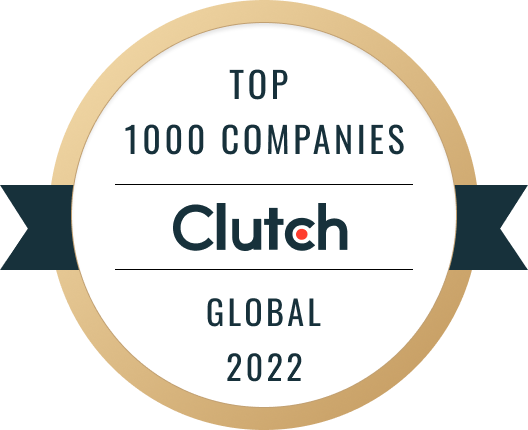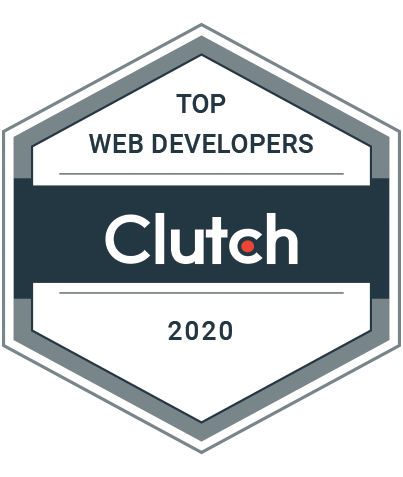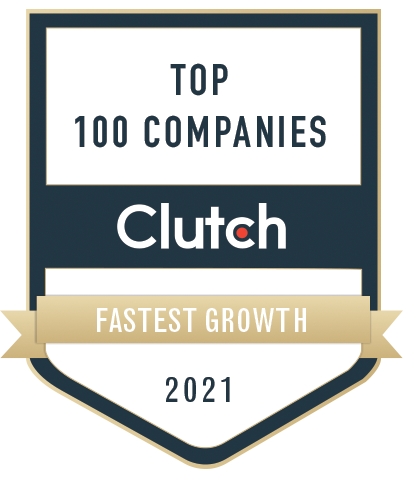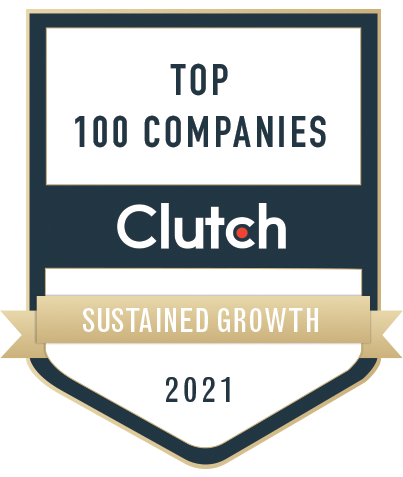Google’s search landscape is undergoing its most dramatic transformation in decades. The rise of AI-driven search powered by AI Overviews (formerly Search Generative Experience) and the new AI Mode is fundamentally reshaping how users find information and how businesses must optimize to stay visible. For marketers, this means adapting to a world where traditional rankings are no longer the sole determinant of visibility. While competitors and industry analysts are sounding alarms, Oyova goes further by blending deep data insights with actionable strategies to help businesses thrive in the AI-driven SERP era.
What Is Google’s AI-Driven SERP?
The AI-driven SERP is Google’s latest innovation, where results are powered not just by traditional indexing but also by generative AI models that synthesize information into conversational answers. AI Overviews, previously known as the Search Generative Experience (SGE), summarize results from multiple sources, while AI Mode allows users to view fully AI-generated results for queries. Instead of scanning ten blue links, users increasingly encounter synthesized answers, citations, contextual details, and suggestions for next steps, all of which impact click-through patterns and brand visibility.
Key Google AI Search Updates Marketers Need to Know
AI Overviews (SGE) Integration
Google has begun rolling out AI Overviews widely, reshaping the experience for many informational queries. Instead of driving users directly to publisher sites, AI Overviews aggregate insights, highlighting select sources. AI Overviews are on the rise, reducing the need for users to click through to websites. However, they may cannibalize traffic from publishers, ecommerce platforms, affiliates, and content marketers.
AI Mode Expansion
Beyond AI Overviews, Google has introduced AI Mode, a toggle that lets users view AI-only search results. Redevolution highlights this as a defining moment for marketers, where appearing in the AI-driven environment becomes as critical as ranking in traditional organic search. This mode represents a seismic shift in how search intent is served, and how brands must optimize to remain relevant.
Shifts in Click-Through Rates
Traditional organic click-through rates are declining, driven by zero-click searches and answers provided directly in AI summaries. Google counters with its own data, reporting that while the number of queries has increased, the quality of clicks has remained stable or even improved. This tension between industry reports of declining traffic and Google’s reassurances highlights the need for marketers to closely track analytics and adjust strategies to safeguard visibility.
Content & Authority Signals
Content quality and authority are more important than ever. Google’s emphasis on EEAT (Experience, Expertise, Authority, and Trust) directly influences which sources get cited in AI Overviews. E-intelligence highlights the role of conversational queries, structured content, and schema markup as critical signals. Brands must focus on demonstrating authority not only through content depth but also by aligning with structured, trustworthy frameworks.
Paid Search Implications
Paid search remains a pillar of visibility even within the AI-driven SERP. Ads continue to appear alongside AI results, but the positioning and visibility dynamics are evolving. This impacts cost-per-click (CPC) and the strategies advertisers must employ to compete effectively in an environment where organic opportunities are compressed.
How Marketers Can Adapt Their SEO Strategies

Optimize for AI Citations
To succeed in the AI-driven SERP, marketers must optimize for being cited inside AI Overviews. This means creating content that answers questions clearly, leveraging FAQ formats. Beyond what competitors suggest, Oyova incorporates Generative Engine Optimization (GEO) and Answer Engine Optimization (AEO) disciplines designed specifically to optimize for AI-driven answers and conversational interfaces.
Double Down on Topical Authority
Topical authority has always mattered, but in the AI SERP, it’s decisive. Marketers must build deep content clusters around core topics, interlink related pages, and create comprehensive content hubs. E-intelligence emphasizes topical breadth, but Oyova takes it further by providing structured playbooks for content hubs that signal unmatched authority to Google’s AI systems.
Leverage AI Tools for SEO
AI-powered tools are essential for staying ahead. Marketers should use AI for keyword research, predictive analytics, and competitive analysis. Redevolution touches on schema and multimedia usage, but Oyova extends this approach by integrating AI-driven CRO insights, ensuring not only visibility but conversions once users land on-site.
Balance Organic & Paid Strategies
Organic visibility is increasingly volatile, making paid strategies critical. Rather than treating SEO and PPC as silos, Oyova aligns them strategically to safeguard visibility. This includes retargeting users exposed to AI-driven summaries and leveraging high-intent paid campaigns to protect brand equity.
Competitive Landscape: How Your Strategy Can Beat Industry Blogs
Oyova’s strategies surpass competitors by combining data-driven insights with tactical playbooks and long-term growth frameworks. By weaving AI SEO with paid search, structured content, and CRO, Oyova delivers a more complete roadmap for thriving in the AI SERP era.
Future Outlook: Where Google AI Search Is Headed
![]()
The future of search will be increasingly AI-driven. As AI Overviews expand and AI Mode adoption grows, marketers must anticipate further declines in traditional organic visibility. At the same time, new opportunities will emerge for brands that can adapt quickly with structured, authoritative, and user-focused content. The businesses that succeed will be those who see AI-driven SERPs not as a threat, but as a new playing field for visibility and engagement.
Adapting to the AI-Driven SERP
Google’s AI-driven SERP is here to stay, and it’s already changing the rules of visibility. Marketers can no longer rely solely on traditional rankings; they must adapt strategies for AI-driven results, leverage structured content, and balance organic with paid campaigns. At Oyova, we provide the expertise and strategies businesses need to stay visible, competitive, and ahead of the curve. Now is the time to embrace the AI SERP revolution and turn it into a growth opportunity.
FAQs
AI Overviews reduce reliance on traditional rankings by providing direct summaries. Brands must focus on content quality, structured data, and authority signals to increase their chances of being cited.
Yes. While AI-driven visibility is growing, traditional SEO practices like keyword targeting, on-page optimization, and technical SEO remain foundational. The future will require a blend of both.
Focus on EEAT principles, answer user questions directly, use FAQ formats, and implement structured data. Consistency and authority are key to earning citations.
Local businesses must ensure their profiles, reviews, and structured local data are optimized. AI Overviews increasingly reference local results when relevant.
Our Awards













